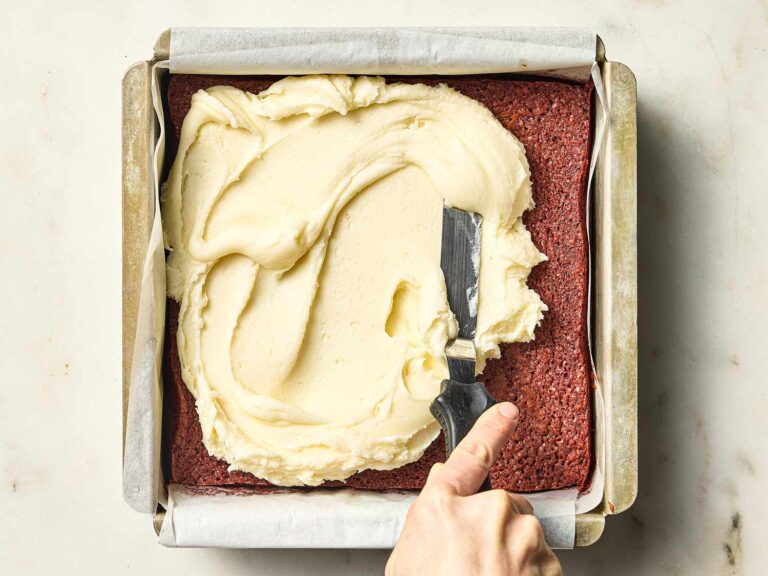Is Decaf Coffee good or bad for you?
What is Decaf coffee?
Uncoffinated coffee is a popular choice for those who like the taste of coffee but do not want its stimulating effects. In Great Britain, decoffinated coffee is fulfilled a process that removes the most, but not the entire caffeine. Great Britain regulations If you require that the caffeine content of roasted beans is no more than 0.1% and immediate coffee is no more than 0.3%. This corresponds to about 2 to 5 mg of caffeine in a regular mug, but this amount depends on how your coffee is brewed.
How is Decaf coffee made?
There are three ways of decaffeinated, and they all start with green, undisturbed coffee beans:
- Extraction on solvent base beans are steamed or made in water and then selected with a solvent chemical such as rinsing, e.g. Methylene chloride Or ethyl acetate. The solvent binds with the caffeine and is removed from the beans and processed separately.
- Water-based extraction with only one charcoal filter and water for removing the caffeine, this process is referred to as a Swiss water process.
- Overcritical carbon dioxide extraction – Applicant carbon dioxide with high pressing to dissolve the caffeine is assumed that this process is an efficient and relatively clean method. It is often used throughout Europe where the use of solvents is closely regulated.
After the decaffeinated coffee beans, the coffee beans – which may have changed color and taste, can be roasted and ground.
Should you choose Decaf?
Some groups are recommended to limit their caffeine intake. This includes pregnant women and breastfeeding women, people who have a heart disease and / or suffer from high blood pressure, those who are afraid or have an illness such as bipolar disorders, as well as all with sleep and digestive disorders. Caffeine can also interact with some prescribed medication, including (but not limited), anti-coagulants, antidepressants and some asthma medication.
Read more about the recommended daily guidelines for caffeine intake.
Advantages of Decaf coffee
1. Source of protective plant compounds
Coffee is a natural source for polyphenols, plant connections with a protective, antioxidant effect. When the coffee is decaffeinated, his nutritional value is largely unchangedWhich means that these protective plant compounds remain and Sometimes increase. (Be aware that this is not the case Uncoffinated green tea.))
2. Offer regular coffee to similar health benefits
Studies Suggest that most health benefits of coffee seem to be the same, regardless of whether you choose Decaf or not.
Read more about that Health advantages of coffee.
3. Can reduce the harmful effects of caffeine on the heart
Regular coffee seems to increase blood pressure and heart rate while decaffeinated coffee seems Minor effect on diastolic blood pressureAnd no impact on other parameters.
4. A safer choice for older people
A Pilot study In several British hospital care and nursing homes, the replacement of regular coffee and tea replaced with decaffeinated versions, reduced the frequency of visits to the residents and, as a result, reduced the number of falls by 30-35%. This is relevant because older patients are Die 3-4 times more often Within one year of a hip fracture caused by a fall.
5. The caffeine is implemented
The caffeine that was extracted from the coffee beans is dried into a powder and sold to the pharmaceuticals or sold or Energy drinks Return Market.
Disadvantages of Decaf coffee
1. Risk for toxic residues
If your coffee was either decoffimized Swiss water method Or use the carbon dioxide extraction, then you can enjoy your Decaf Cuppa with minimal concerns. However, if your cup has been decaffeinated with solvents, this depends on the solvent used. Ethyl acetate is quickly divided into ethanol and acetic acid by the body, and the traces found in coffee are not considered harmful. The alternative solvent Methylene chloride Is a likely carcinogen and is in the residues in the coffee beans you use. Manufacturers claim that these residues are well at the fixed level. In Great Britain and Europe, however, the use of methylene chloride is heavily regulated, and as a result, the Swiss water process and carbon dioxide towering methods dominate the European market.
A useful thing when buying Decaf is that you assume that the solvent extraction method will be used if the brand you choose does not indicate the decaffeination method on the label.
2. No improvement in vigilance and focus
The caffeine in coffee helps some people Maintain vigilance And focus. When a regular coffee is used up in moderation, it is absorbed into the bloodstream and travels to the brain, where it “fires” certain neurons, which can improve memory, mood and cognitive function. The decaffeinated coffee probably doesn’t have the same effects.
3. No effect on movement or performance
Unlacened coffee does not provide the same effects as regular coffee in movement: This includes reducing the effort rates, Feeling of effort and possibly Improvement of sporting performance.
Can you drink Decaf coffee every day?
Consume a Moderate amount (3 to 4 cups) coffee per dayWhether decaffeinated or not, health benefits can have. Regardless of whether you should drink Decaf every day, depends on your specific circumstances, your general health and your medication history as well as the decafe you have chosen.
Is Decaf Coffee good overall?
The individual tolerance compared to caffeine varies greatly, and if you find that you are sensitive to its effects or recommend one of the groups to minimize your intake, Decaf may be a better choice for you. If you carefully select your decaf, you can reduce fear, improve sleep and offer you some of the health benefits associated with drinking coffee. However, the wrong decision can mean that your cup of poisonous residues contains, which, although you are cited as safe, could possibly be something you want to avoid.
Take a look at how your favorite Formulated the Decaf brand.
Did that enjoy that? Read more of our health guidelines:
Caffeine myth-busting for coffee lovers
Is coffee good for you?
How much caffeine should I drink?
Top 10 health benefits of tea
How to sleep better
Discover our reviews of the BEst coffee beansPresent Coffee machines And Subscription contracts.
Kerry Torrens BSC. (Hons) PGCert Mbant is a Bant Registry Nutritionist® with a postgraduate diploma for personalized nutrition and nutritional therapy. She is a member of the British Association for Nutrition and Lifestyle Medicine (Bant) and member of the guild of grocery authors. In the past 15 years she has contributed to a series of nutritional and cooking publications, including good foods.
All health content on goodfood.com is only provided for general information and should not be treated as a replacement for the medical advice of your own doctor or another medical specialist. If you have concerns about your general health, you should contact your local health service provider. See our website Terms and conditions More information.







